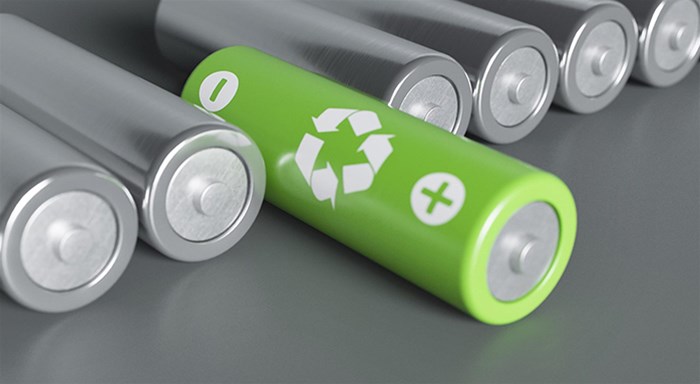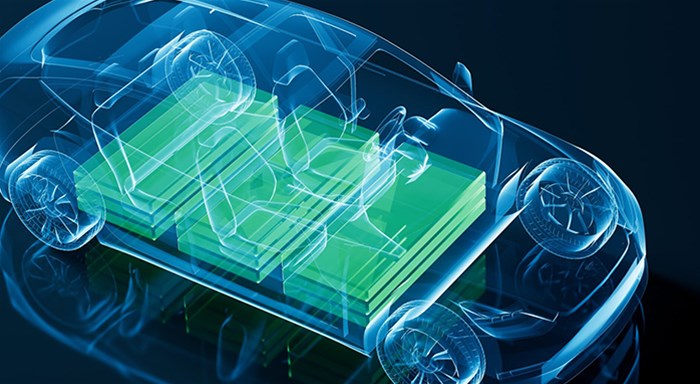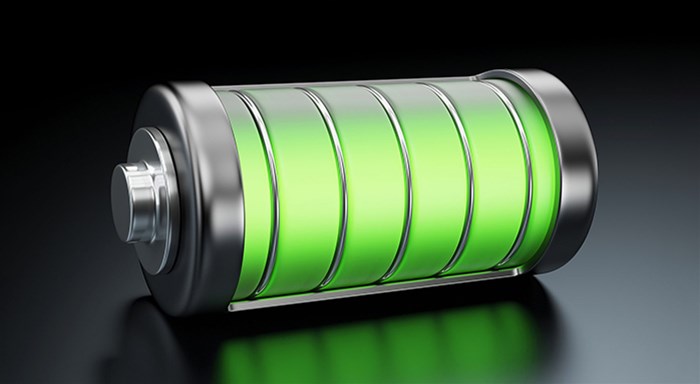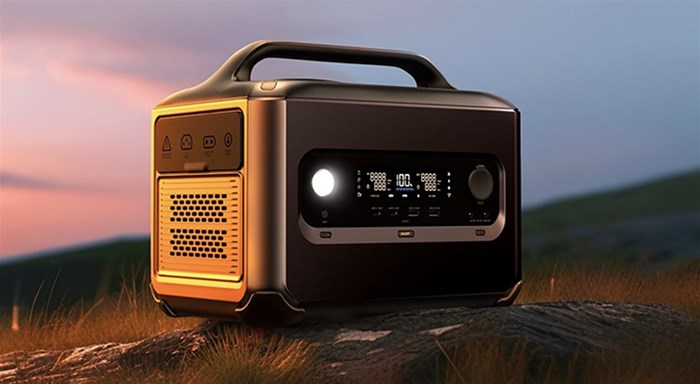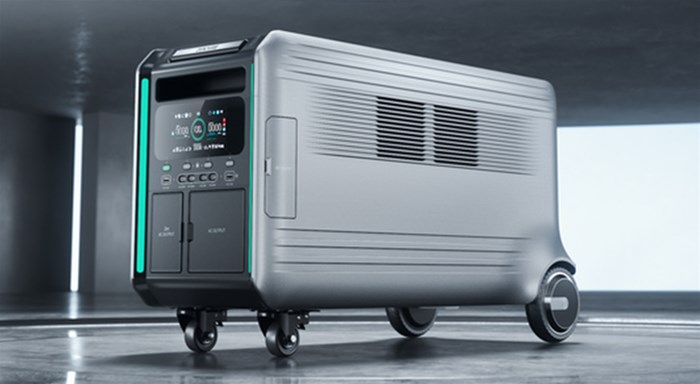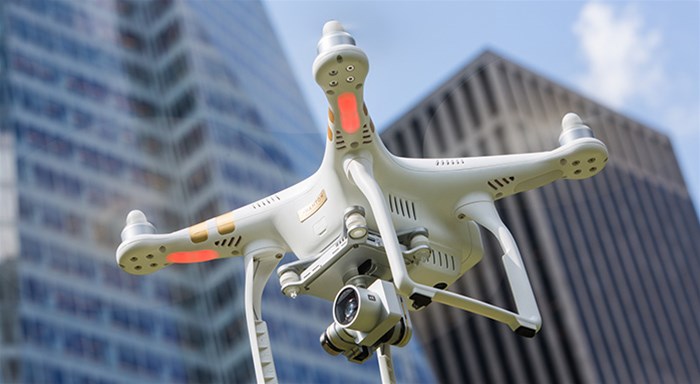-
Home
- Battery
- Application
- Solution
- News
- About Us
Inquiry
Contact UsIf you have any questions, please contact us immediately! Classify
Classify-
What are the classifications of lithium batteries?
With the rapid development of science and technology and the gradual deepening of environmental awareness, lithium batteries, as a clean, efficient and renewable energy source, have been widely used in various fields. Whether it is consumer electronics such as mobile phones and laptops, or emerging industries such as electric vehicles and energy storage systems, lithium batteries play a vital role.
Views:20 Post Date:2024-03-02 -
Lithium Polymer Batteries vs. Lithium-Ion Batteries: In-depth Discussion and Comprehensive Comparison
With the rapid development of science and technology and the gradual strengthening of global awareness of environmental protection, new energy vehicles have stood at the forefront of the market and attracted much attention. As the core power source of new energy vehicles, the performance of power batteries is directly related to the overall performance of the vehicle. Among many types of power batteries, lithium polymer batteries and lithium-ion batteries are the most widely used,
Views:20 Post Date:2024-03-01 -
Revealing the specific capacity of lithium batteries: how to calculate and evaluate
With the rapid development of technology and the increasing popularity of electronic devices, lithium batteries have become an indispensable part of our lives. Whether it is smartphones, laptops, electric vehicles, or energy storage systems, lithium batteries have won widespread recognition and application due to their unique advantages. However, many people may not understand an important parameter of lithium batteries-specific capacity.
Views:42 Post Date:2024-02-26 -
Which outdoor power supply is better, lithium iron phosphate or lithium battery? ——Comprehensive analysis and comparison
With the rapid development of technology and the increasing popularity of outdoor sports, outdoor power supplies have become a must-have equipment for many people when traveling. However, faced with the dazzling array of outdoor power products on the market, consumers often get entangled: which one is better, lithium iron phosphate battery or lithium battery?
Views:21 Post Date:2022-11-28 -
Outdoor large-capacity power bank and lithium battery: comprehensive comparison and selection guide
With the rapid development of technology and the increasing popularity of outdoor activities, people's demand for portable power sources is increasing day by day. In this context, outdoor large-capacity mobile power supplies and lithium batteries have become two popular choices.
Views:22 Post Date:2022-11-28 -
Advantages and practical applications of polymer lithium batteries in the drone industry
With the rapid development of science and technology, drones have gradually penetrated into various industries. From military reconnaissance to aerial photography to logistics and distribution, the application scenarios of drones are constantly expanding. In this process, polymer lithium batteries, as a new type of energy storage device, have gradually become the preferred battery in the drone industry due to their unique advantages and wide application prospects.
Views:26 Post Date:2021-08-10
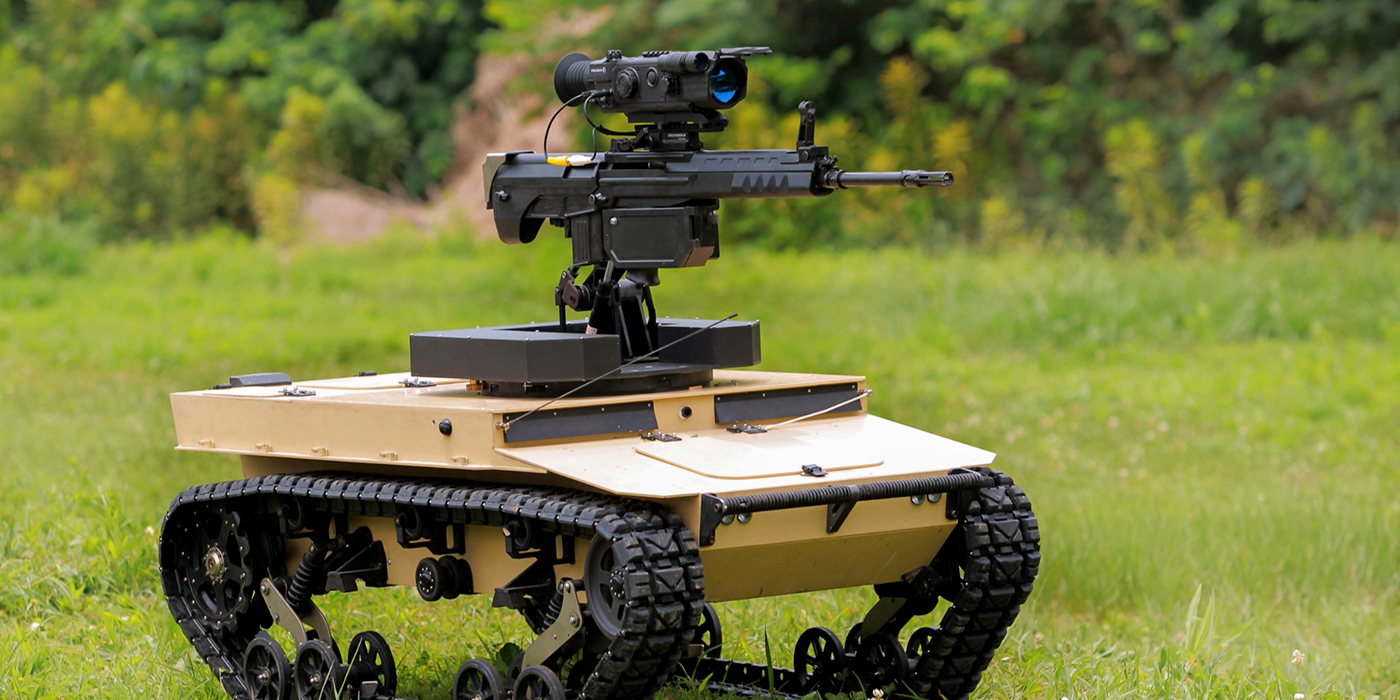 Unmanned equipment
Unmanned equipmentUnmanned military equipment refers to equipment that can complete military tasks without the need for manual operation, including drones, unmanned tanks, unmanned submarines, unmanned ships, etc. The endurance and safety of unmanned military equipment are one of the key factors for its successful mission execution. Lithium batteries have the advantages of high energy density, long cycle life, and light weight, making them an ideal choice for unmanned military equipment batteries Advantages
High Energy Density
Military equipment usually has strict limitations on weight and volume, so lithium batteries need to have high energy density to ensure that the equipment can operate for a long time without adding too much burden.High Security
Military environments are often more harsh and unpredictable, and lithium batteries must pass strict safety tests, including puncture tests, to ensure stability and safety under extreme conditions.Wide temperature adaptability
Military equipment may be used in extreme weather conditions, which requires lithium batteries to maintain good performance in low or high temperature environments, without being affected by range degradation.Fast charging and discharging capability
In certain tactical situations, fast charging capability is crucial, which may require lithium batteries to be able to quickly charge and provide a large amount of energy in a short period of time.Long lifespan
The service life of military equipment is usually longer, so lithium batteries need to have a longer cycle life to reduce replacement frequency and maintenance costsModular Design
In order to adapt to different military tasks and equipment requirements, lithium battery solutions should have good modular design, making it easy to quickly replace and upgrade according to needs.Compatibility and Integration
Lithium ion battery systems need to be compatible with existing military hardware and software, able to seamlessly integrate into unmanned equipment without affecting the normal operation of other systems.Environmentally friendly
Military applications are increasingly concerned about environmental protection, so the environmental impact of lithium batteries is also one of the considerations, including material selection and disposal of discarded batteries.Cost effectiveness
Although performance is the primary consideration, cost-effectiveness is also an important consideration, especially when deploying unmanned military equipment on a large scale.Technical support and after-sales service
Professional technical support and reliable after-sales service are also factors that need to be considered when choosing lithium battery solutions to ensure the continuous operation and timely maintenance of equipment. TypeLithium ion batteries
This is currently the mainstream development direction of rechargeable batteries, with advantages such as high energy density, high operating voltage, wide operating temperature range, long cycle life, and high safety performance. They are widely used in military equipment such as individual combat systems, submarines, drones, and aerospace vehiclesLithium sulfur batteries
This type of battery has attracted attention due to its high energy density and is suitable for military equipment that requires long endurance.Solid State Batteries are highly anticipated for their higher safety and potential higher energy density, making them suitable for military applications with extremely high safety requirements
Lithium/sulfur dioxide
This type of battery is popular in specific military applications, although the goal of increasing its energy density still poses certain challengesLithium/manganese dioxide
This is another type of battery used in the military field, which also faces the challenge of improving energy density Consider factorsHigh Security
Military applications require batteries to remain safe in the event of physical impact or impact, without causing personal injury or equipment damage.High Reliability
Military batteries must ensure stable and reliable operation in various usage environmentsHigh Environmental Adaptability
Lithium batteries need to adapt to different climatic conditions, including extreme temperatures, high-intensity electromagnetic fields, high and low air pressures, high salinity, and radioactive radiation environments.Energy Density
For frontline troops, due to limited transportation, the energy density of batteries becomes an important criterion for combat capability.Weight considerations
When designing unmanned military equipment, the weight of the battery is an important factor, especially in the field of drones, where excessive batteries can limit flight endurance and performance.Power Requirements
For large ground equipment, the weak power of lithium-ion batteries may become a limiting factor for their application. Therefore, it is necessary to develop high specific power lithium-ion batteries to meet mission requirementsLogistics Supply Simplicity
The design of military batteries should consider their use in harsh environments and simplify the logistics supply process as much as possibleCost effectiveness
Although military applications are not a decisive factor in price, cost-effectiveness is still a part of consideration, especially in large-scale deployment.Technology Maturity
The maturity of technology and validated cases are also factors that need to be considered when choosing lithium batteries.Supply Chain Security
Military applications also need to consider the security and stability of the supply chain to ensure that the continuous supply of batteries is not threatened.Follow us- +86 0769-21688994
- Room 603, Building 9, No.1 Boheng Second Road, Songshanhu Park, Dongguan City, Guangdong Province
All rights reserved © Guangdong Qiantu Battery Technology Co., LtdQiantu Battery - Battery

